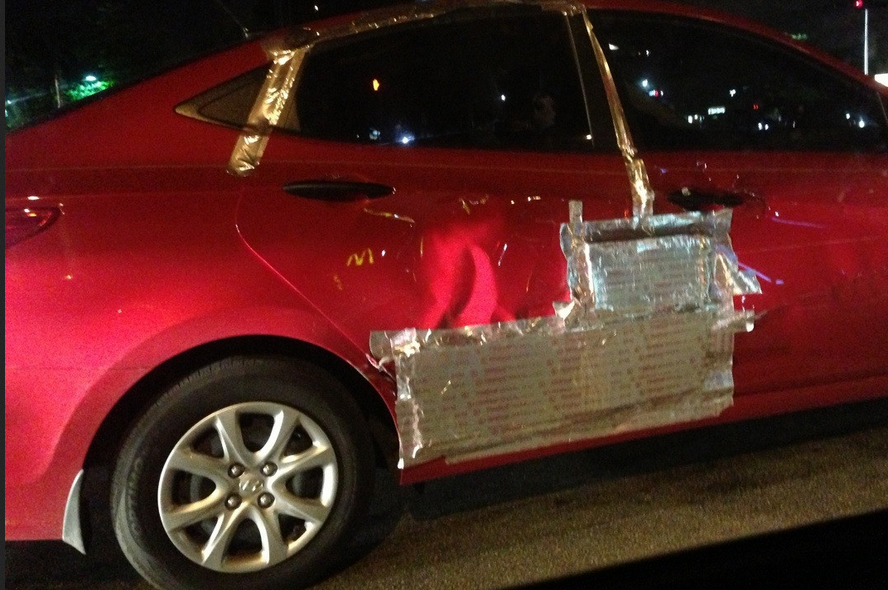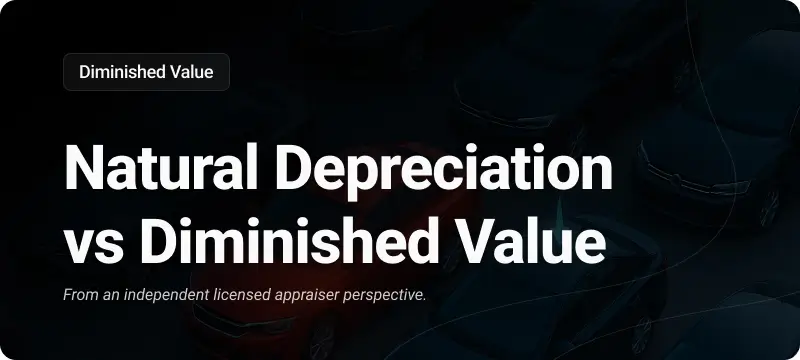When an accident happens, insurance payouts often follow. But can you choose to repair your own car using this money? The quick answer is no. Generally, repairs need to be performed by an approved body shop to ensure quality and safety standards.
While it may seem tempting to save on costs by handling repairs yourself, most insurance policies and state laws have rules about how these funds should be used.
Quick Answer and Key Takeaways
- Quick Answer: No, in most cases, DIY repairs aren’t permitted with insurance funds. Approved body shops are required.
- Key Takeaways:
- Insurance Rules: Policies often restrict how payout money is used. DIY repairs may not be covered or reimbursed.
- Vehicle Ownership Matters: If you’re leasing or financing, you’ll likely have to follow stricter repair guidelines.
- State Laws Apply: Regulations vary by state; some require you to use insurance money for repairs.
- Long-Term Impact: Not following these guidelines could affect future claims, resale value, and safety.

Do You Have to Use Insurance Money for Car Repairs?
After an accident, insurance companies issue payouts with specific guidelines. If you own your vehicle outright, you might have more freedom with these funds. However, most policies are clear: insurance money is intended to cover necessary repairs, especially if safety is a concern.
For those with financed or leased vehicles, there’s less flexibility. Lienholders often require repairs to be done professionally, ensuring the vehicle maintains its value. Ignoring these terms can lead to consequences, including a breach of contract with the lender.
What Happens If You Keep Extra Money from an Insurance Claim?
In some cases, the insurance payout may exceed the actual repair costs. If you fully own your car, you might be able to keep the leftover funds. For example, if repairs cost $2,000 but the payout was $2,500, the remaining $500 could stay with you.
However, if your car is financed or leased, keeping extra funds is usually not allowed. The insurance company often pays the repair shop directly, or the excess might go back to the insurer or toward your loan balance. It’s essential to check both your policy and state laws to avoid potential legal issues or accusations of insurance fraud.
What Are State Regulations on Insurance Payout Usage?
State laws vary regarding the use of insurance payouts for vehicle repairs. In some states, if repair costs exceed a certain percentage of the car’s value, insurers must declare the vehicle a total loss. For example, in Texas, if repair costs are 100% or more of the car’s actual cash value, it’s considered a total loss.
Additionally, some states have specific regulations about using aftermarket parts for repairs. In Indiana, insurers cannot direct an auto repair shop to use a non-OEM part without the car owner’s consent for five years past the model year of the automobile.
It’s essential to understand your state’s specific regulations to ensure compliance and avoid potential legal issues.
| State | Payout Regulation Example |
|---|---|
| California | California enforces “Fair Claims Settlement Practices Regulations,” requiring insurers to provide fair settlements based on what a reasonable person would expect. If an insurer mandates repairs, they are responsible for ensuring the quality, even if the repairs occur outside their network. |
| Texas | In Texas, if repair costs exceed 100% of the car’s actual cash value, the vehicle is considered a total loss. Texas also follows a fault-based system, meaning the at-fault driver is responsible for damages. |
| Florida | Florida’s no-fault insurance system covers an individual’s medical expenses and lost income after an accident, regardless of fault. The state also mandates that drivers carry a minimum of $10,000 in Personal Injury Protection (PIP) to help cover these expenses. |
| Georgia | Georgia permits claims for diminished value. After repairs, you may claim the difference between your car’s pre-accident and post-repair market values, as buyers may see it as less valuable due to its accident history. |
| New York | New York is also a no-fault state for medical expenses and lost wages. However, the at-fault driver’s insurance is responsible for covering property damage. |
What If You Don’t Use Insurance Money for Repairs?
If you decide not to use insurance money for repairs, there are a few potential consequences to consider. For one, leaving damage unrepaired can impact your car’s resale value and make it more challenging to sell in the future. Insurance companies might also deny future claims for the same damage, viewing it as a pre-existing issue.
For financed or leased cars, the stakes are higher. Lienholders typically require repairs to protect their investment. Not using the insurance payout as directed could breach your agreement, possibly leading to penalties or complications if you need to file another claim. It’s essential to weigh these risks before deciding against repairs.
Do Insurance Companies Notify Lienholders?
Yes, insurance companies often notify lienholders when you file a claim for damages on a financed or leased vehicle. Since the lienholder technically owns the vehicle until it’s fully paid off, they have a vested interest in ensuring any damage is properly repaired.
This is why, in many cases, insurance payouts for financed vehicles go directly to an approved repair shop or the lienholder. The goal is to protect the car’s value and ensure it remains in good condition. Ignoring these requirements or trying to sidestep them could lead to complications with your lender or even legal issues.
Conclusion
When it comes to insurance payouts and car repairs, understanding the rules and restrictions can save you from unexpected surprises.
While DIY repairs might sound appealing, insurance policies and state regulations often require that repairs be done by approved body shops, especially if your car is leased or financed.
Not following these guidelines can affect your car’s value, your future claims, and even lead to legal complications.
Before making decisions, check your insurance policy, consult your agent, and consider your state’s specific rules. By following the right steps, you can ensure that any repairs maintain your car’s value and protect your investment.
After all, a well-informed choice today could prevent future headaches and help you get the most out of your insurance coverage.



